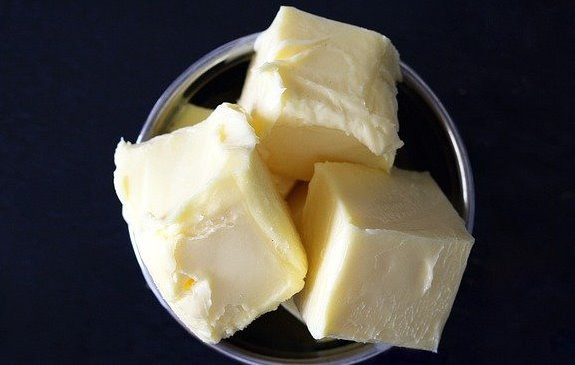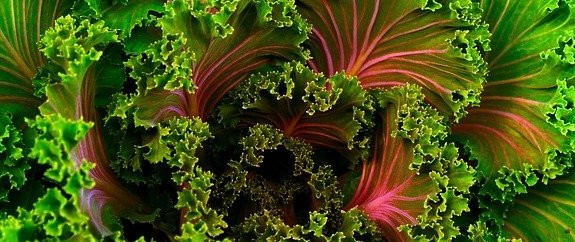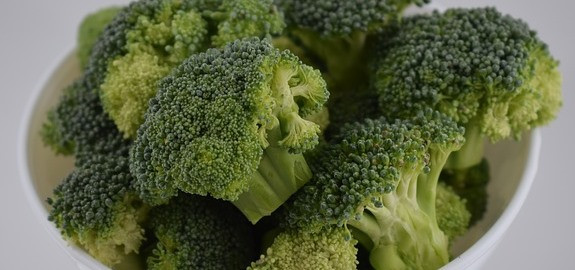Fat Soluble Vitamins
Vitamins come from plants and animals they are organic compounds, our bodies use them in processes to keep us healthy and well. Vitamins, minerals and other trace elements are all micronutrients meaning we need them in small amounts. Vitamins are either fat soluble or water soluble.
Fat Soluble Vitamins
The four main fat soluble vitamins you need to revise are vitamins A,D,E and K,
Fat soluble vitamins are found in foods with large fat contents such as meat, fish, and vegetable oils.
You don’t necessarily need to take the same amount daily as fat soluble vitamins that aren’t used are stored by the body in fat tissue for future use.
You need to be careful not to consume too much of these vitamins, the most likely cause of any excess is usually the consumption of multivitamin supplements.
Vitamin A
Vitamin A is needed for good eyesight (especially night vision), growth, a healthy immune system and the skin, Vitamin A Is also an antioxidant.
The main source of Vitamin A is retinol which is found in the following foods: liver, butter, oily fish and eggs. Vitamin A can also come from carotene which is found in: margarine and orange of or yellow fruit and vegetables such as carrots.

If you consume too much vitamin A it can weaken your bones and pregnant women should avoid foods that contain high quantities of vitamin A such as liver.
If you don’t consume enough vitamin A it can lead to night blindness, a weaker immune system and stunted growth in children.
In the UK the daily recommended guideline for men is 0.7mg and for women is 0.6mg.
Vitamin D
Vitamin D is needed to help the body absorb various minerals, including calcium which is crucial for the development of healthy bones and teeth.
In the summer months vitamin D is mainly absorbed by the skin via sunlight but it is also found year round in oily fish and egg yolks.

If you consume too much vitamin D you can absorb too much calcium which will lead to kidney damage.
If you consume too little vitamin D it can lead to bone diseases such as rickets, osteomalacia (where bones become too soft) and osteoporosis (where bones become too brittle).
In the UK the daily recommended guideline is 0.01mg. In the summer this will easily be gotten through natural exposure to the sun.
Vitamin E
Vitamin E is needed to keep your skin and eyes healthy as well as improving your immune system. Vitamin E is an antioxidant and may protect us from free radicals.
The main source sof Vitamin E is leafy greens such as spinach and kale, broccoli, nuts and vegetable oils.

If you consume too much vitamin E it can cause nausea, blurred vision and interfere with blood clotting.
It is very rare to consume too little but this will lead to week muscles and problems with eye sight.
In the UK the daily recommended guideline is 4mg for men and 3mg for women.
Vitamin K
Vitamin K is needed to help your blood clot, heal wounds and maintain your immune system and bones.
The main sources of vitamin K are leafy greens, cereals and vegetable oils, in can also be found in some meats and dairy foods.

You can’t consume too much vitamin K.
It is extremely rare to consume too little vitamin K in adults. In new born babies it can cause uncontrolled bleeding.
